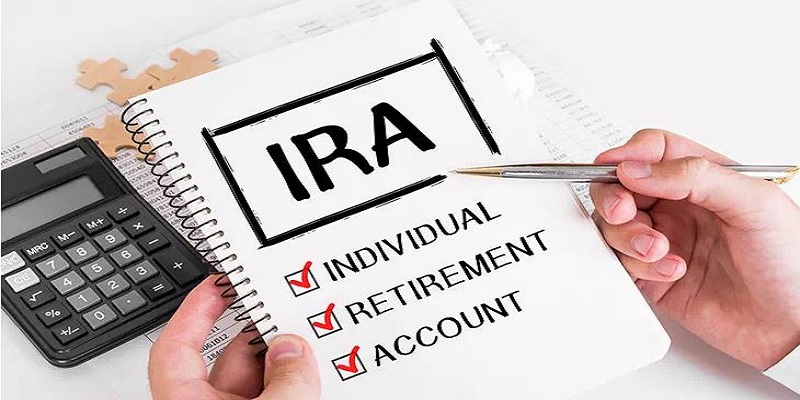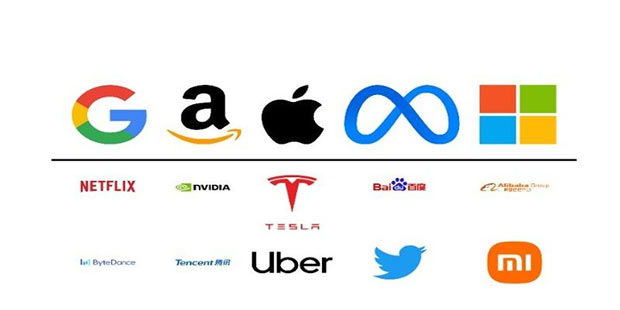
Benefits of Investing in Walmart

What Is a Shareholder Register? A Complete Guide 2023

What Is an Adjustable-Rate Mortgage (ARM)?

How to Calculate Adjusted Gross Income (AGI) for Tax Purposes
Business Credit Reports Vs. Consumer Credit Reports: An Overview
Nov 29, 2024 By Kelly Walker
Business credit reports and customer or personal credit reports serve the same purpose: to inform potential lenders of your creditworthiness. These reports allow lenders to evaluate the risk by providing you with a loan, credit card, and "buy now, pay later" arrangement. The reports differ in their uses and the kinds of information they include.
Business credit reports include detailed information on the company, including ownership details, risk scores, subsidiaries, financial data, and any bankruptcies or liens. Once a business is incorporated and has a federal tax identification number (TIN), its credit report begins. Business credit reports are public records that are accessible to anyone, in contrast to personal credit reports.
A consumer credit report, or a personal credit report, refers to a document providing information about the current credit rating and credit history of an individual. Consumer credit reports only give details about an individual, like their credit accounts, delinquent accounts, closed accounts, and any bankruptcies or liens. The credit bureaus create and manage the consumer credit reports. They assess and collect credit-relation information of individuals.
Business Credit Reports vs. Consumer credit reports; What's the Difference
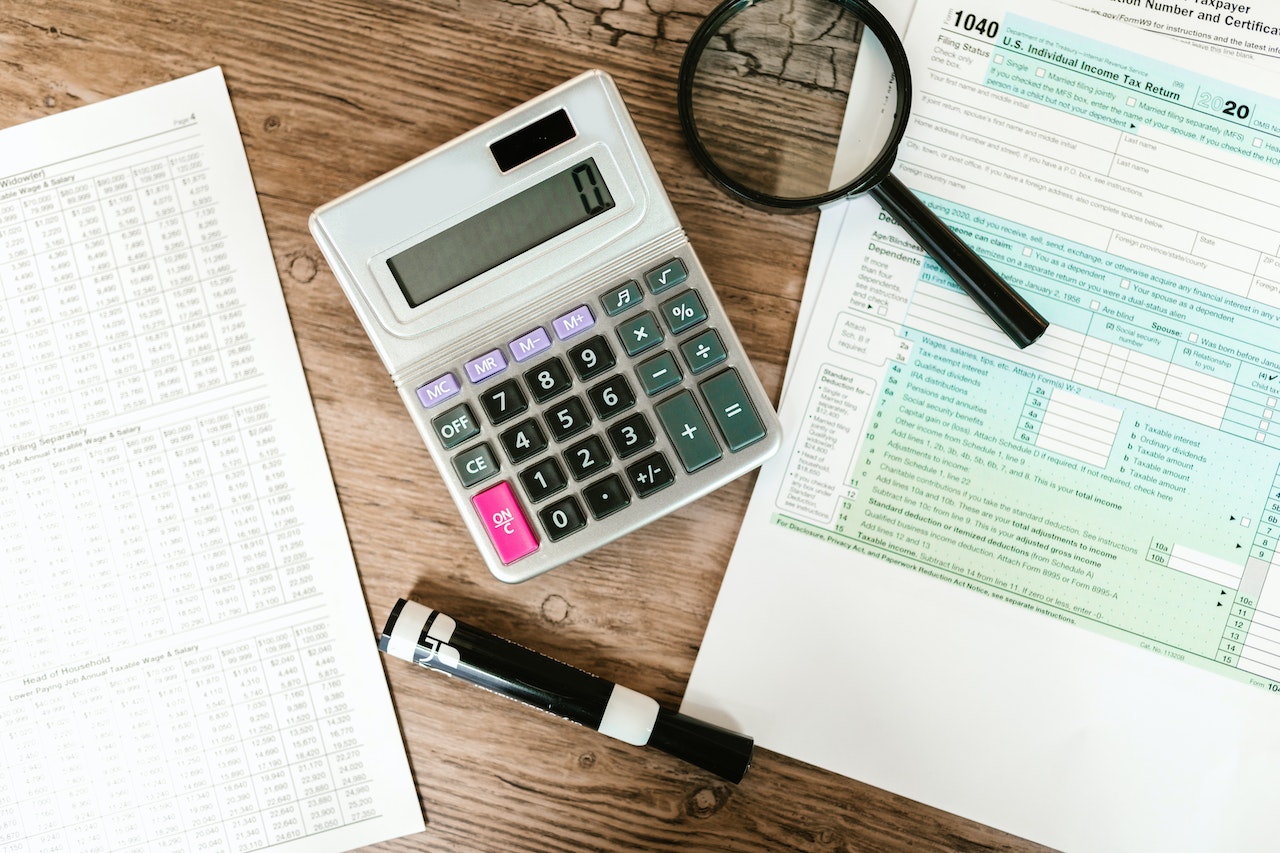
Business credit reports and consumer credit reports are two different types of credit reports that provide information about the creditworthiness and financial background of businesses and individuals, respectively. Here're some important differences between the business and consumer credit reports:
- Structure of reports
Business credit reports provide information about the credit rating and financial background of a business, company, or organization. The business report includes information about the company's public records (such as bankruptcies and liens), credit accounts, payment history, and other relevant financial data.
On the other hand, consumer credit reports include information about an individual's creditworthiness and financial background. The report consists of information about the individual's payment history, credit accounts, public records, and personal information such as name, residential address, and Social Security number.
- Purpose of the reports
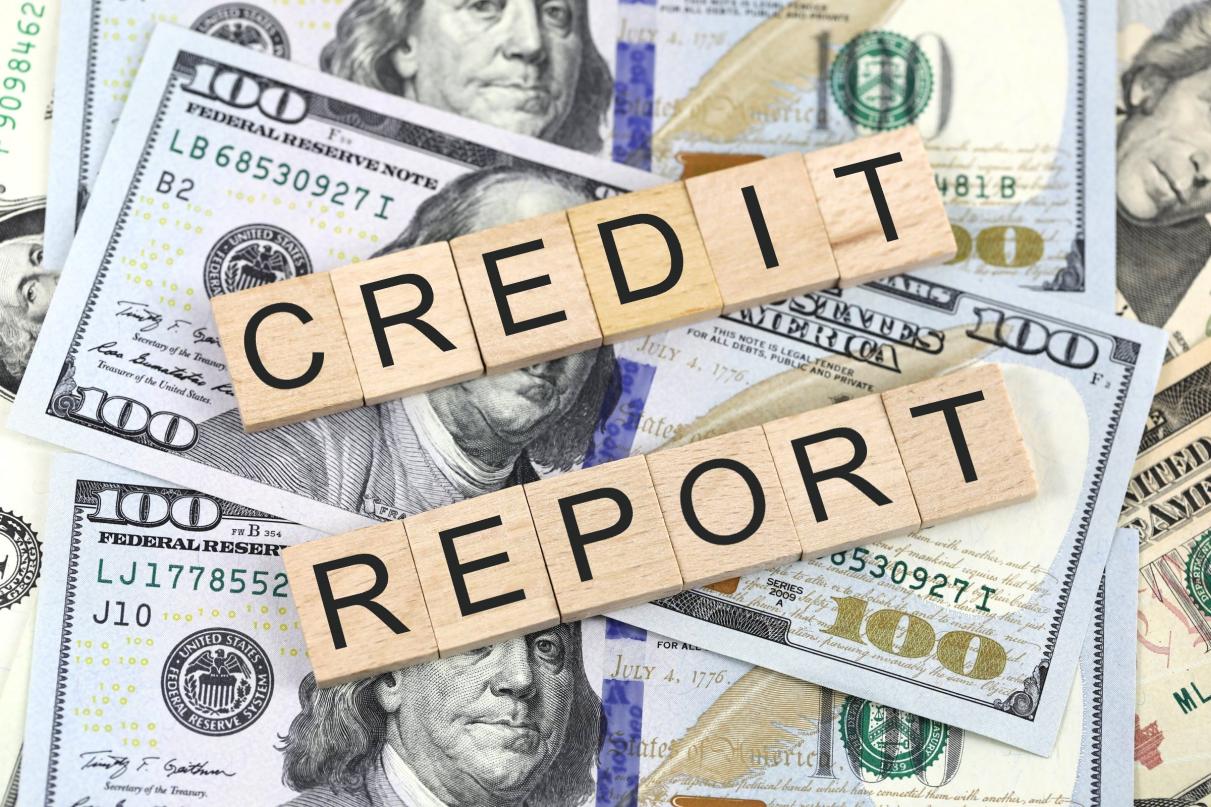
Lenders, dealers, and other businesses use business credit reports to analyze a company's creditworthiness and financial stability before making business transactions. These reports assess the risks associated with developing trade relations, extending credit, or entering into contracts with a firm.
Lenders, including credit card companies, banks, and mortgage lenders, use consumer credit reports to assess an individual's creditworthiness before issuing credit or approving loan applications. These reports determine the terms and conditions of credit and analyze the risks of lending money to an individual.
- Information Included in reports
Business credit reports usually include information such as,
- Business background details such as ownership and subsidiaries
- Payment history
- Credit Limits
- Public records (e.g., bankruptcies, judgments, and liens)
- Industry-specific data (e.g., SIC/NAICS codes)
- Banking and trade history
- Risk score
- Any reported negative information (such as late payments and defaults).
In contrast, consumer credit reports include the following information about an individual.
- Personal identification number (PIN)
- A list of your credit accounts, including credit cards and loans
- The current monthly payment and balance owed on each account
- A list of closed accounts
- A measure of how accounts are current and properly paid, or how many days past due they are,
- Public records (such as bankruptcies and tax liens)
- History of residential addresses
- Any reported negative information (such as late payments and collections)
- Credit Reporting Agencies
Dun & Bradstreet (D&B), Equifax Small Business, and Experian Business are the primary credit reporting agencies specializing in business credit reports.
Equifax, Experian, and TransUnion are the three main credit bureaus that provide personal credit reports. These agencies collect and maintain personal credit data from a variety of sources, including lenders and public records. The credit bureaus analyze information to establish a credit score, which lenders utilize to determine your creditworthiness. Your credit score can vary slightly among the three credit agencies. So, all three reporting agencies generally employ the Fair Isaac Corporation's standard techniques and algorithms to create your FICO score.
- Accessibility
Access to business credit reports may be more restricted than consumer credit reports. Usually, companies need to create an account with credit bureaus or meet certain eligibility criteria to access business credit reports.
Personal credit reports are more publicly available, and as required by law, people have the right to get a free copy of their credit report once every year from each of the main credit reporting bureaus.
- Legal Framework
Different rules and regulations govern business credit reports. Laws like the Fair Credit Reporting Act (FCRA) focus on protecting consumers' rights and privacy. The specific rules and regulations governing business credit reporting vary by country and jurisdiction. However, they generally focus on guaranteeing accurate reporting and fair business practices.
Personal credit reporting is governed by rules and laws that ensure fair and accurate reporting, protect consumer rights, and allow people to challenge inaccurate information.
The Bottom Line
Business credit reports and consumer credit reports differ in the subject matter, purpose, information included, accessibility, and legal framework. Business credit reports evaluate a company's creditworthiness and financial history, whereas consumer credit reports evaluate an individual's creditworthiness. The reports contain much information about their particular issues and help various stakeholders make the right credit decisions.

What is a Share Premium Account?

What Exactly Is Trading Before And After The Market Opens

Which Is Better, a No-Penalty CD or a High-Yield Savings Account?

Overview of Pros and Cons of Stock Buybacks

How to Read a Consumer Credit Report

ETF Dividend Payments: How it works?
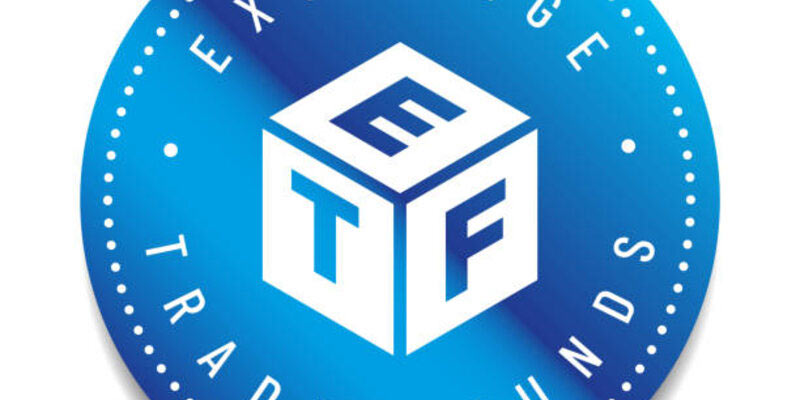
The Basics of an Actively Managed ETF
